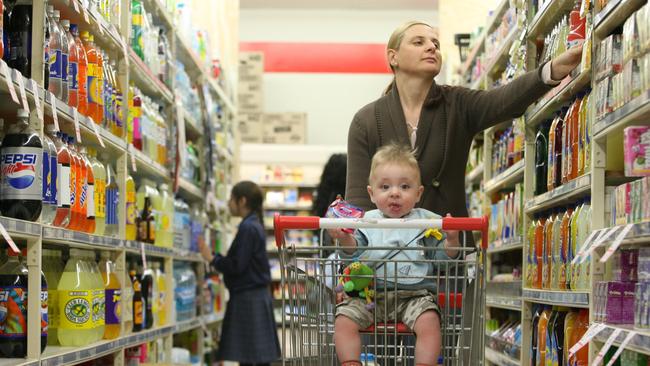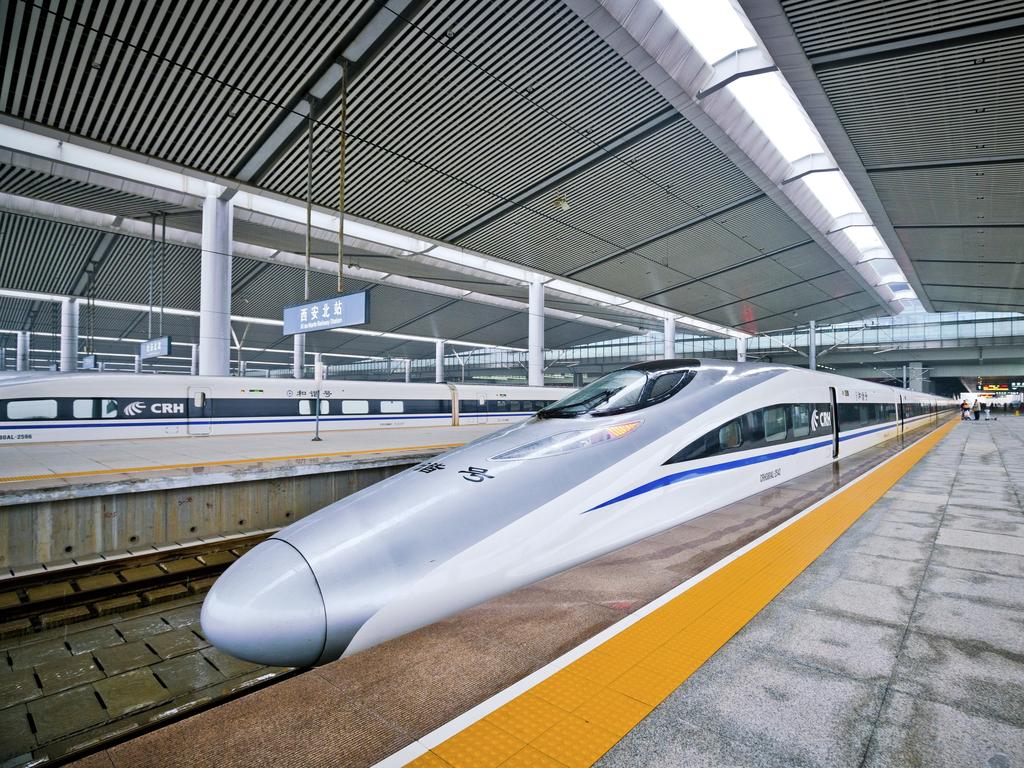Ukraine’s unique role in global food chain to lead to higher food prices, inflation, interest rates and exacerbate chip shortage


We must prepare for much higher food prices because of Ukraine’s unique role in the global food chain. And the computer chip shortages will multiply. The combination of food price rises, chip shortages along with the oil price hikes will lock in higher inflation and interest rates. On interest rate rises, it’s simply a question of when they take place. The Ukraine disaster has locked in the higher rates.
But there is an equally dramatic side effect. The Ukrainian people are skilled and educated so Ukrainian refugees, unlike those from the Middle East, will be highly sought after. They will greatly alleviate the world‘s skills shortages which were set to increase as the newly formed transatlantic partnership invests to decrease its dependence on China and Russia.
Australia plans to be active in attracting Ukrainian refugees but needs to understand that this is not a conventional refugee crisis because the European countries and many others are welcoming Ukrainian skills. We need to be on the Ukrainian refugee grounds and active in selling our country.
Ukraine is a truly remarkable country with few parallels in the world. But once a large number of its skilled people flee, those remaining will be hostile to the brutal invaders so Ukraine may disintegrate into a management nightmare for the Russians.
But the world will be deprived of this incredible source of food and materials. Russian President Vladimir Putin clearly understood the dependence of the western world on Ukraine – it is a mini China – and this will have been one of his motivations for the invasion.
Ukraine is essential for computer chips because the Ukrainian industrial base produces more than 90 per cent of the semiconductor-grade neon used in the US. Neon is required to power lasers that engrave tiny designs into computer chips.
Ukraine’s role in areas global agriculture is significant.
Ukraine can meet the food needs of an estimated 600 million people because it has Europe’s largest area of arable land and 25 per cent of world’s volume of black soil.
It is the world’s largest exporter of sunflower seeds and oil. It is among the top five world producers of barley, corn, rye and potatoes. It is also a major wheat exporter and chicken egg producer.
Among its mineral products are uranium, titanium, manganese, mercury, iron ore and coal.
Its industrial base goes well beyond neon and it is the largest ammonia producer in Europe and a major generator of nuclear power, a steel maker and defence products producer. It has huge gas pipeline and rail networks.
Ukraine educated its population to provide the skills to maintain this diversified rural and industrial economy (Australians take note). Those skills are exactly what the western world needs as it seeks to reduce is dependence on both Russia and China.
Yet it seems almost inconceivable that the western world could have been so naive to allow itself to become so dependent on a country like Ukraine.
Meanwhile, a lesser known impact from the sanctions is that Russian and Belarus potash will be difficult to obtain. They have about 40 per cent of the world market – just above Canada. Potash prices have jumped sharply.
India will be particularly hard hit because it obtains its potash from Belarus. It may not be able to afford the prices which will hit Indian food production. India also obtains much of its arms from Russia, which it requires because of the Pakistan threat. Russia will try to entice India into its orbit via cheap potash and arms.
The rise in potash prices will further underpin food price rises, had BHP moved to develop its Canadian potash at a faster pace it would now be making large returns. Nerveless, its Canadian potash project is under way and is important to a world decoupling from Russia.







The barbaric drive by Russians to starve or bomb Ukrainians out of their cities is horrific. The flow on impacts keep multiplying.